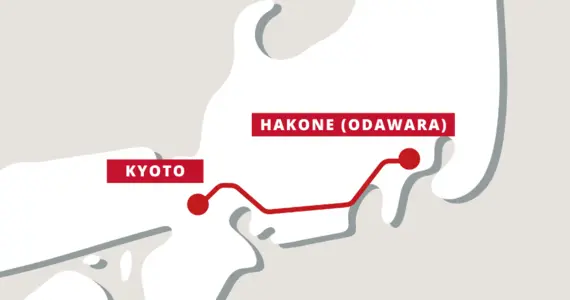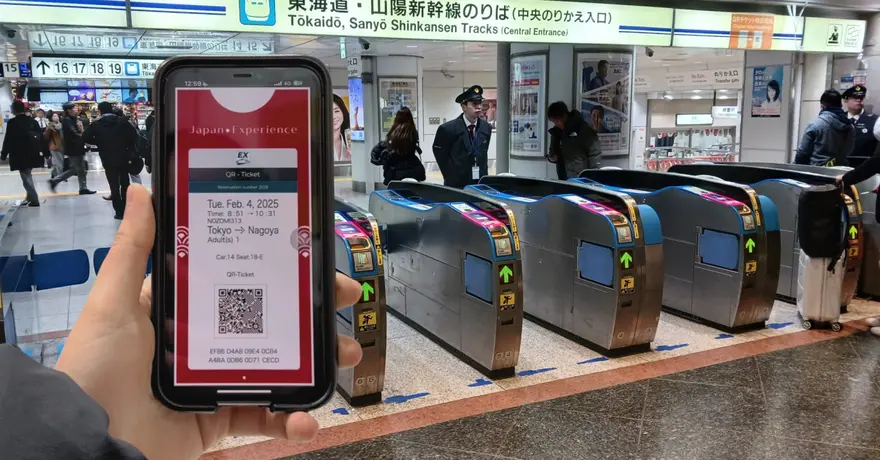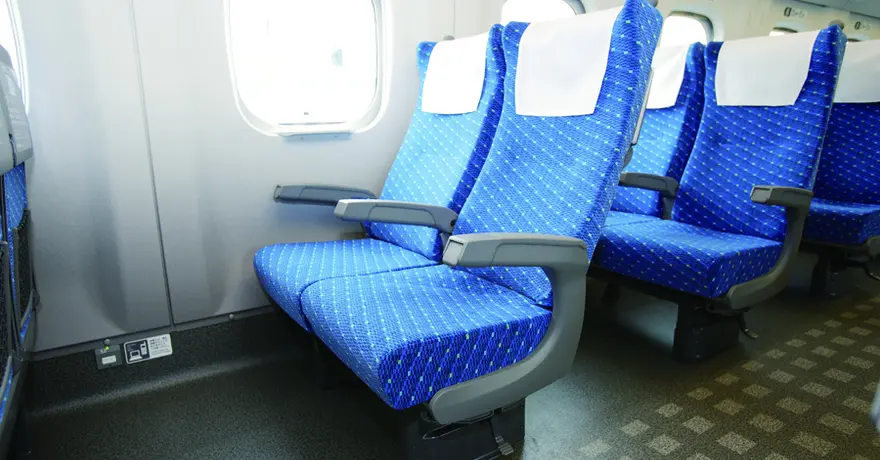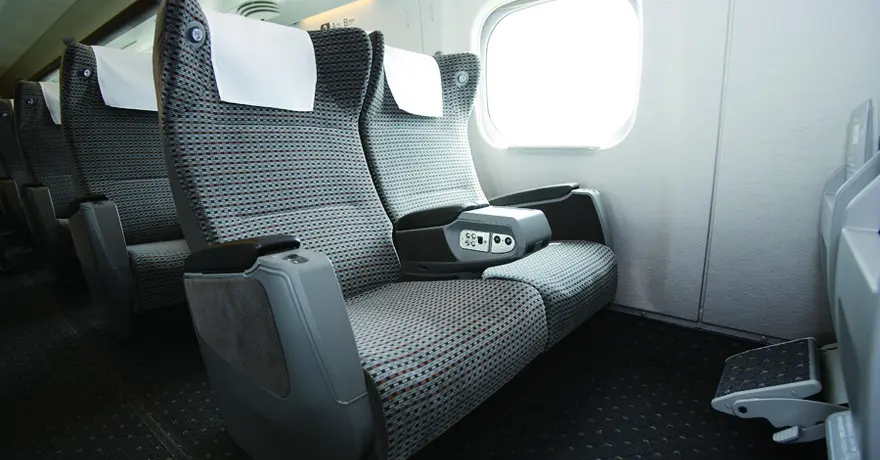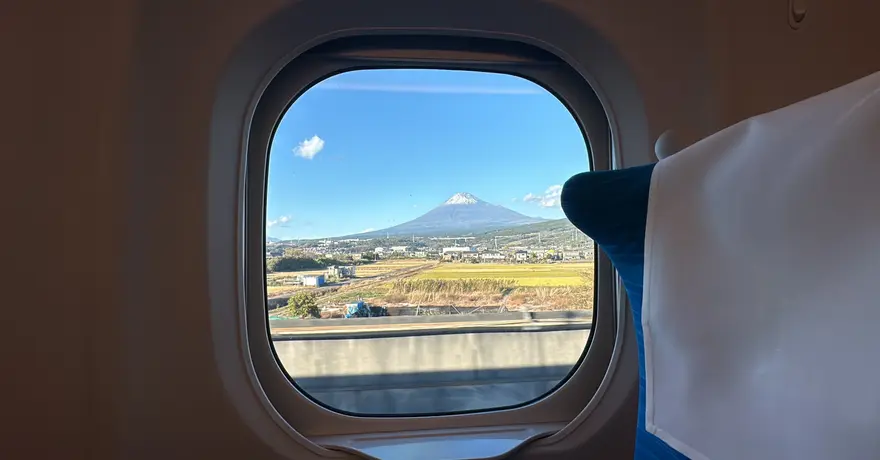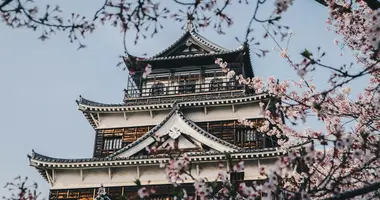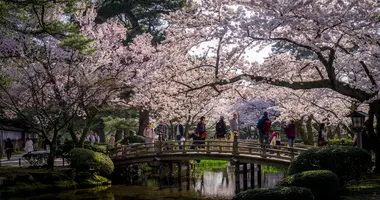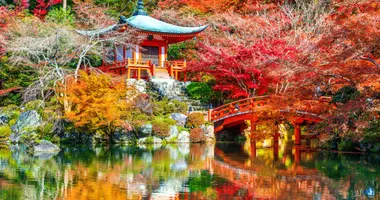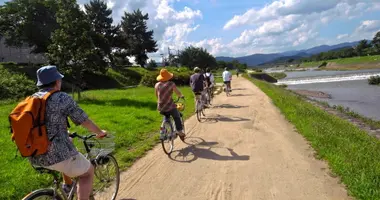Train Tickets from Kyoto to Hakone (Odawara)
Official train tickets seller
Choose your preferred seat
7/7 Assistance
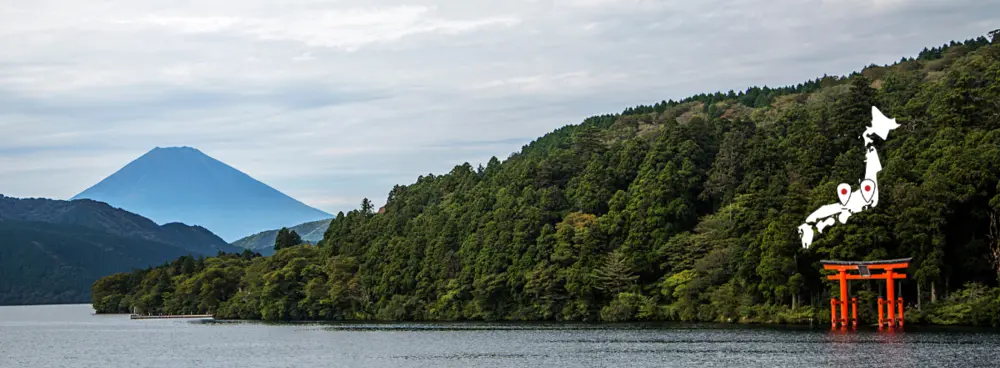
Travel conditions
Ticket type
Passenger information
Seating options
Buy your train tickets in Japan in 3 easy steps
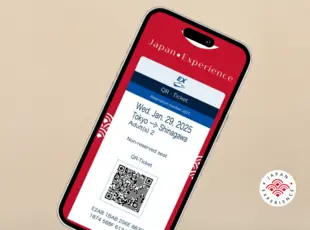
Choose and buy your train tickets for your preferred travel date
Receive your e-ticket one month before departure
Scan your e-ticket in train stations in Japan
Trains in Japan: what does it look like?
What our customers say about us
Travel advice from our Japan train expert
Traveling by train in Japan
Japan boasts a highly developed rail system, making it an incredibly practical mode of transportation for both locals and visitors. As a result, both residents and tourists find themselves utilizing trains almost daily, whether it's their local lines or the renowned Shinkansen bullet trains. For those embarking on their first journey to Japan, the significance of train travel during their adventure is likely to be a consideration.
Although train travel is a common aspect of life in Japan, there are several factors that may necessitate some prior knowledge or preparation before first-time travelers board a train. This is true even for those hailing from countries with a strong train travel culture.
What makes trains so favored in Japan?
Japan's rail transport system is regarded as one of the finest globally. Riding the train in Japan can be encapsulated in three words: efficient, swift, and pristine. Until you experience it firsthand, it’s difficult to grasp just how simple and remarkably convenient train travel is in Japan. Even with millions of passengers using the rail system daily, trains remain impeccably clean, punctual, and operational. For many, this description may seem like a dream compared to the train networks in their own countries.
Numerous factors contribute to the remarkable railway system in Japan, but it fundamentally stems from the country's dependence on imported fossil fuels. This necessity led Japan to make substantial investments in its train transportation network. Since the late 1800s, Japanese train companies have been constructing lines to transport people and goods efficiently from one location to another. As a result of this extensive network, cities began to develop around train stations. Unlike much of Western urban planning, which prioritized car-centric designs, Japan's urban expansion largely revolved around its train stations. In most Japanese cities, these stations serve as the economic and demographic hubs.
Through strategic investment in its rail system, Japan has successfully established one of the fastest, safest, and most reliable railway networks globally!
Shinkansen information
Hakone and Kyoto are connected via the Tokaido Shinkansen, which goes between Kanto and Kansai with an extension out to Kyushu with the Sanyo Shinkansen. For direct transit from Kyoto, it’s best for travelers to get off at Odawara Station.
Different types of Shinkansen
On the Tokaido Shinkansen, the Hikari and Kodama Shinkansen bullet trains will take commuters out to Odawara from Kyoto. The often mentioned Nozomi and Mizuho Shinkansens are also part of this network, but DO NOT STOP at Odawara on the way to Kyoto. On the Shinkansen itself, there are onboard amenities such as power outlets and reclining seats. Enjoy your time commuting in Japan in style and comfort.
How to get to Kyoto Station
Situated in the heart of the former capital of Japan, Kyoto Station is easily accessible by public transportation from JR or Kintetsu, the regional rail company operating in the Kansai area. Kyoto Station is also a stop on the Karasuma subway line. You can connect to a range of bus routes and travel anywhere in Kyoto from Kyoto Station, which serves as the hub of the well-known and extensive bus network in the city.
Where to go from Odawara Station
Departing from Hakone Yumoto Station, Odawara Station is a short local train trip from central Hakone, situated in Kanagawa Prefecture. The Hakone Free Pass is valid for this route, but Odawara and Odawara Station—which is a Shinkansen train stop on the Tokaido Shinkansen bullet train line that connects Tokyo, Kyoto, and Osaka with an extension to Kyushu via the Sanyo Shinkansen line—will be the primary hub for travel to and from other regions of Japan.
